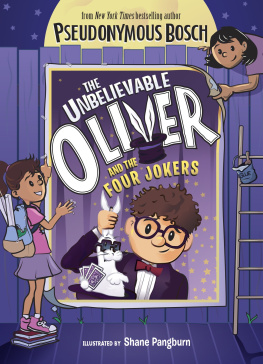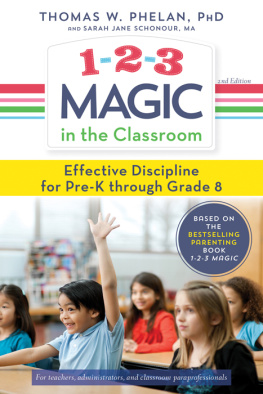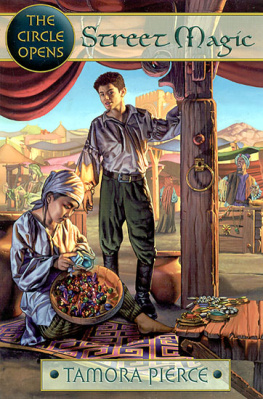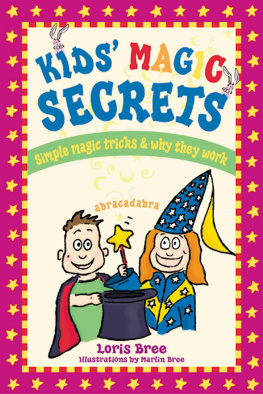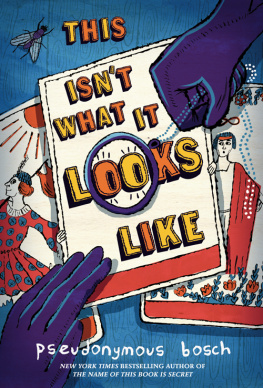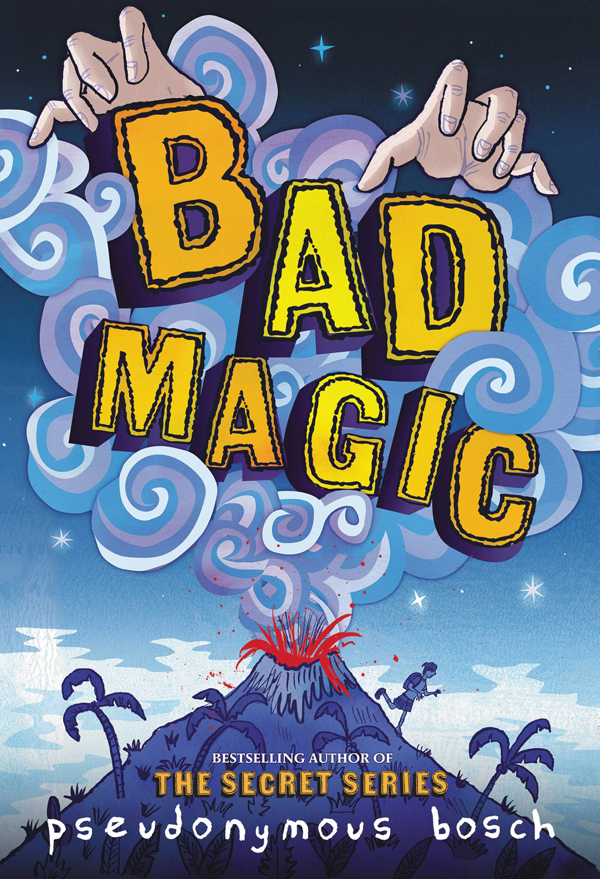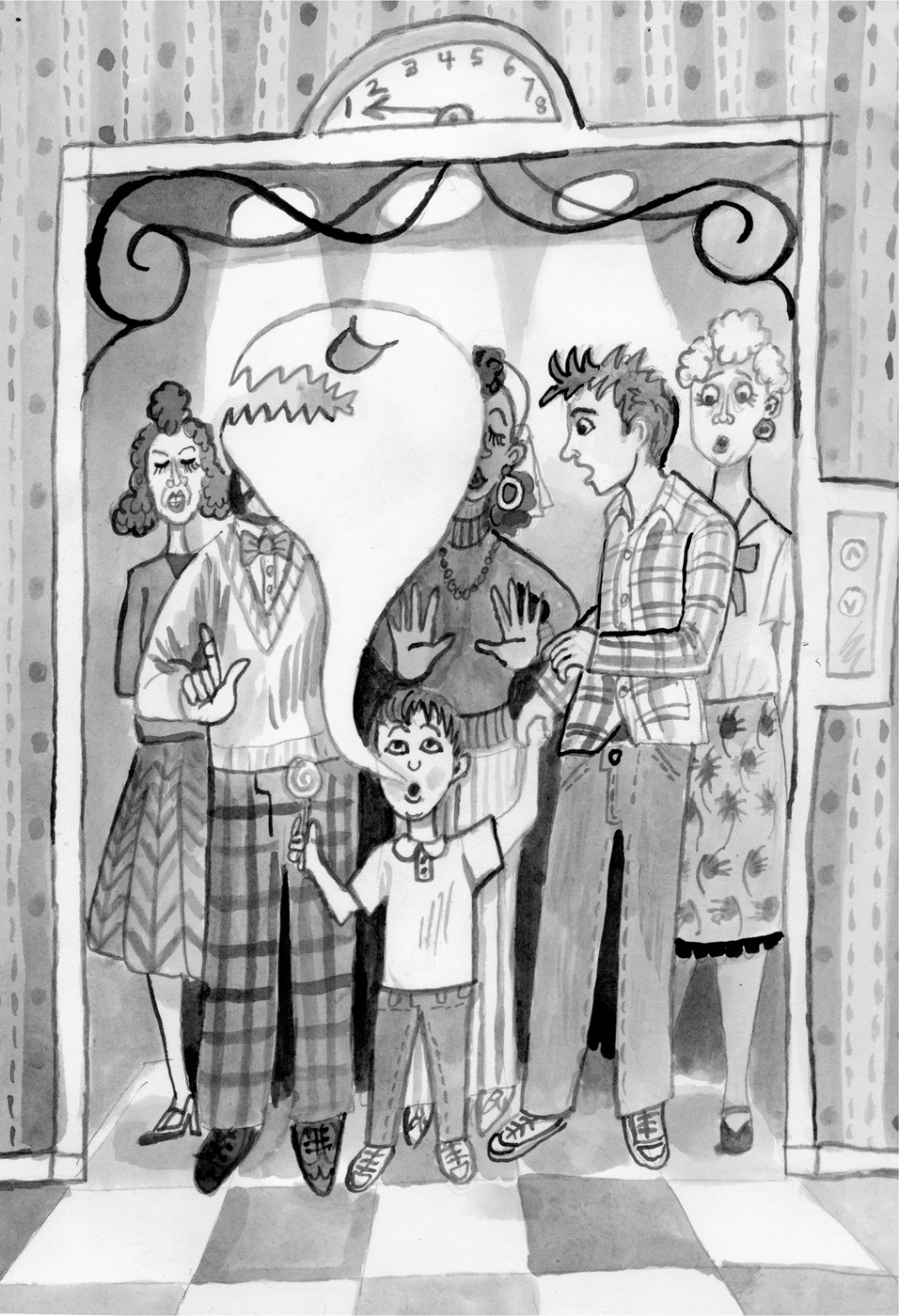This book is a work of fiction. Names, characters, places, and incidents are the product of the authors imagination or are used fictitiously. Any resemblance to actual events, locales, or persons, living or dead, is coincidental.
Cover 2014 Hachette Book Group, Inc.
All rights reserved. In accordance with the U.S. Copyright Act of 1976, the scanning, uploading, and electronic sharing of any part of this book without the permission of the publisher is unlawful piracy and theft of the authors intellectual property. If you would like to use material from the book (other than for review purposes), prior written permission must be obtained by contacting the publisher at permissions@hbgusa.com. Thank you for your support of the authors rights.
Little, Brown and Company is a division of Hachette Book Group, Inc.
The Little, Brown name and logo are trademarks of Hachette Book Group, Inc.
The publisher is not responsible for websites (or their content) that are not owned by the publisher.
This book begins with a bad word.
Can you guess which one?
WAIT! Dont say it out loud. Dont even think it to yourself. I get into enough trouble as it is.
In fact, if the only reason you opened this book is to find the bad words in it, you will be sorely disappointed. I learned the hard way to keep my writing clean.
Alas, when the hero of this book, Clay, first pronounced this word that I just mentioned, or rather that I most definitively did NOT mention, this swear word, this curse word, this very, very bad word, this word that I am not repeating or in any way revealing, he didnt know there was anything wrong with it; he was only three years old.
Where would such a young boy learn such a grown-up word? I have no idea. I certainly didnt teach it to him.
Maybe his father yelled it when his father stubbed his toe. Maybe his babysitter grumbled it into her phone when she thought Clay was sleeping. Maybe an older boy taught him the word because the older boy thought it would be funny to hear a three-year-old say it.
It really doesnt matter where Clay learned the word any more than it matters what the word was; it only matters that he said the word when he did.
At the time of this fateful event, Clay was in a crowded elevator, leaving his first dentist appointment. As his brother would tell it later, Clay was happily sucking on the acid-green lollipop he had been given as a reward for his good behavior, when all of a sudden he took the lollipop out of his mouth and hollered this terrible, terrible word at the top of his little lungs.
Needless to say, everybody in the elevator was shocked to hear such foul language come out of such a small child. A big kid giggled. An old lady frowned. Even her Pekingese lapdog seemed to whimper in distress.
Mortified, Clays brother, who was twelve years older than Clay and who was in charge of Clay for the afternoon, leaned in to Clays ear and whispered, You cant say thatthats a bad word.
Clay looked at his brother in confusion. Why? What did it do?
Everybody laughed. The mood in the elevator, er, elevated.
But that isnt the end of the story.
On the bus ride home, Clays brother couldnt get Clays question out of his head. What did bad words do? What made them bad?
Finally, he had an answer: Bad words are bad because they make people feel bad. Thats what they do.
Clay nodded. This made sense to him. And good words make people feel good?
Right.
And magic words make people feel magic?
Clays brother hesitated. He was an amateur magician and said magic words all the timemostly while practicing tricks on Claybut hed never thought about them in this particular way. Um, I guess. How bout that?
Accadabba! said Clay, giggling. Shakazam!
Sometimes, between siblings or close friends, words take on meanings that cant easily be explained to other people. They become like inside jokesinside words, as it were. After the elevator episode, bad word became Clay and his brothers inside word for magic word. Also for code word and for password and for any other word that had some unique power or significance. For any word that did something.
Can you think of a bad word for me? Clays brother would ask before making a coin disappear behind his hand or before pulling a scarf out of Clays ear.
Whats the bad word? Clay would demand, blocking his brothers access to the refrigerator or bathroom.
As Clay grew older and became more and more adept at magic tricks himself (possibly more adept than his brother, although please dont tell anyone I said so), bad word maintained its special meaning.
Hey, bad man, whats the bad word? they would ask each other in greeting.
When they left coded messages for each other, they would leave hints about the bad word needed to decode the message.
When they did magic shows for their parents or friends, they called themselves the Bad Brothers.
Bad was their bond.
Then, around the time Clay turned eleven, his brother pulled off the biggest, baddest magic trick of all: He disappeared, with little warning and no explanation.
That was almost two years ago. And still Clay would sometimes wonder what he had done to drive his brother away. What had he said? What bad word had he uttered without knowing it?
And what bad magic would make his brother come back?
CHAPTER
ONE
C lay was not the type of person who would want a book written about him. I may as well admit that now.
Go ahead, judge me. Call me names. Curse me and the horse I wrote in on. But there it is.
He wasnt shy exactly, but these days, at the age of twelve, almost thirteen, he liked to keep a low profile. He slouched in his chair. He hid his face in a comic book or skateboard magazine. He wore a hoodie, even on warm days. It wasnt that he had a big nose or funny ears or horrible acne; I may be biased, but I think he was almost handsome, in a dried-snot-on-his-sleeve sort of way. It was just that he preferred not to attract attention. Just being looked at for longer than a moment or two made him start jiggling his knee. I can only guess what Clay would have thought about being scrutinized for almost four hundred pages.
Still, it happens to everyone occasionally. Being looked at, I mean.
On the morning to which I now turn, the morning Clays life began to tumble helplessly out of control, on that morning, kids kept looking at Clay, not just once or twice, but repeatedly, and he had no idea why.


